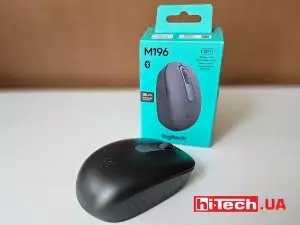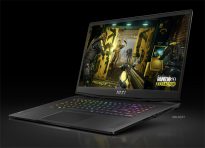Artificial intelligence used by Israeli army to identify targets in Gaza and its elimination
13.04.24
Medias, citing knowledgeable sources, said that the Israeli military used artificial intelligence to select bombing targets in Gaza.
The Lavender system was developed after the Hamas terrorist attacks on October 7th. At its peak,Lavender designated 37,000 Palestinians in Gaza as suspected “Hamas militants” and “sanctioned” their killings. As expected, the Israeli Armed Forces denied the existence of such a list of killings.
The spokesman said artificial intelligence was not used to identify suspected terrorists, but did not deny the existence of the Lavender system, which the spokesman called “merely tools for analysts in the process of identifying targets.” In some cases, the officers’ only role in the process was ostensibly to determine whether the target was male.
The system had an accuracy rate of 90%, sources said. Some of the people Lavender identified as targets had names or nicknames identical to those of known Hamas militants. Others were relatives of Hamas operatives or people who used phones that once belonged to Hamas operatives.
Intelligence officers were given sweeping powers when it came to dealing with civilian casualties, people familiar with the matter said. Possible collateral civilian casualties were allowed: 15-20 when targeting low-level Hamas operatives and “hundreds” for senior Hamas officials
Don't miss interesting news
Subscribe to our channels and read announcements of high-tech news, tes
Logitech M196 mouse review: small and long

The Logitech M196 mouse is designed for work, affordable, convenient in size, wireless, and lasts all year on a battery. What else is needed?
Vodafone has expanded available roaming for Ukrainians to all EU countries
VodafoneVodafone Ukraine has expanded the possibilities of using mobile communication services, allowing its subscribers to use home tariffs in 28 countries of the European Union
Nvidia will release its ARM processors for PCs in September 2025
Nvidia processorNvidia plans to release its ARM processors for PCs in September 2025, which will compete with Qualcomm’s Snapdragon X line


